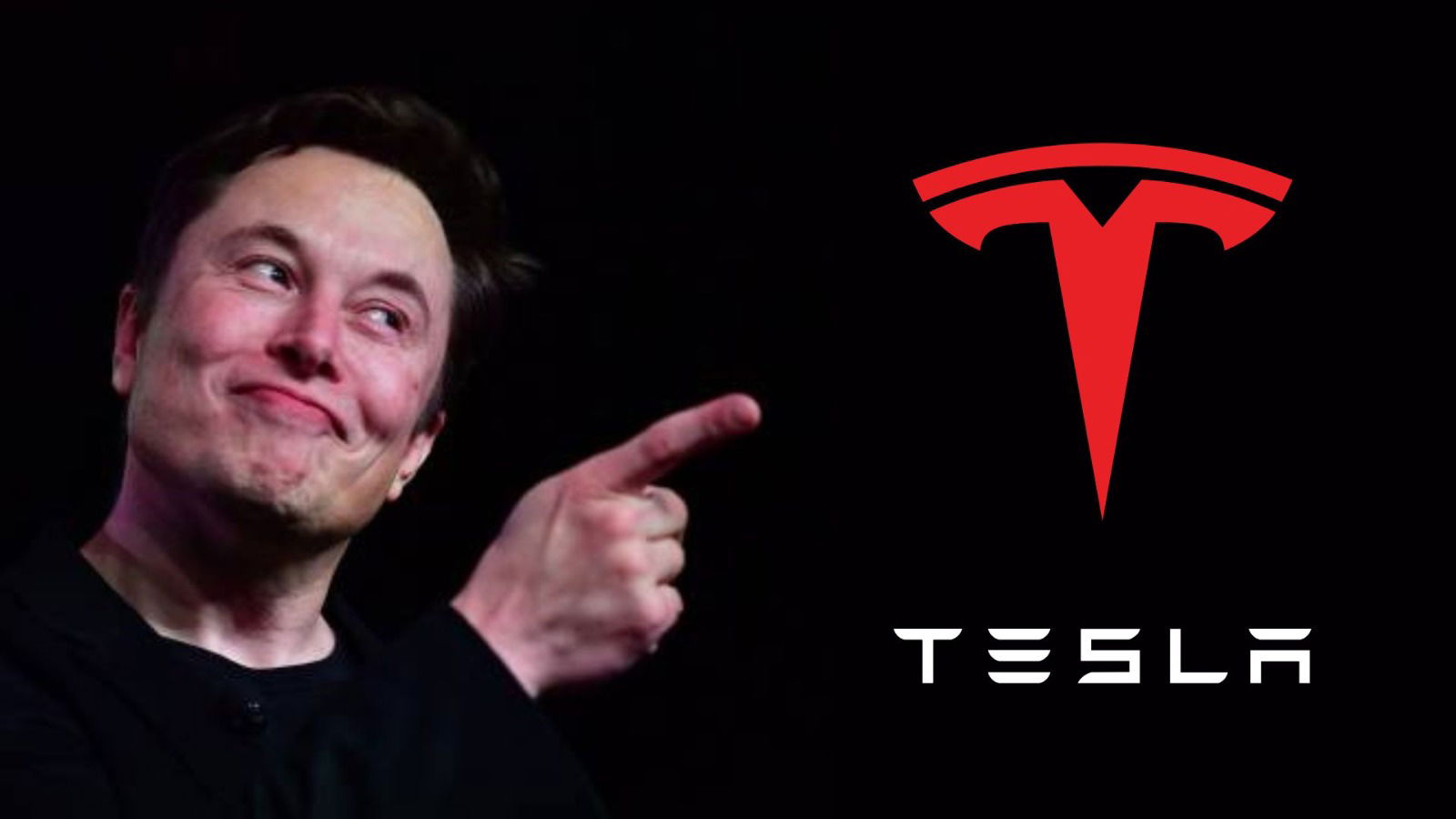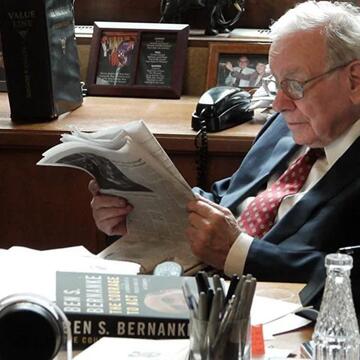$1 trillion pay package for Tesla CEO Elon Musk came under inspection on Friday. ISS is driving the shareholders against this plan to bring up a rejection of what can be the largest ever compensation plan awarded.
What is ISS?
ISS refers to Institutional Shareholder Services, it is a leading global proxy advisory firm that provides recommendations to institutional investors like mutual fund houses, pension funds, and hedge funds on how to vote their shares on critical corporate matters.
ISS urges shareholders rejection
Influential proxy advisory firm, ISS is convincing Tesla’s shareholders to vote against the proposed pay plan of $1 trillion for CEO Elon Musk. ISS heavily criticized the package stating that “locks in extraordinarily high pay opportunities" and it also brings up concern about its magnitude and structure.
While ISS tries to reject the plan, Tesla’s board is convinced about the plan to execute as it is essential to retain and motive Musk and is tied to a series of aspiring performance goals over the next decade. These plans include increasing Tesla’s market capitalization to a stunning $8.5 trillion as well as succeeding milestones in vehicle deliveries, robotics, and the company’s robotaxi business. If the commission-pay plan becomes a success it might increase Elon Musk’s equity stake in the company to at least 25 percent.
Key objections from ISS
Excessive magnitude: The proxy advisory firm have mentioned the pay plan as “extraordinary high” and “excessive.” They raise the concern of awarding a CEO in such a high magnitude who already has a considerable amount of equity stake in the company.
Problematic design: ISS questions about certainty of achieving the proposed milestones by Tesla, as the substantial payout would take place without any surety of the promise. They argued that, it would reduce the board’s flexibility to adjust Musk’s compensation in the future.
Shareholder dilution: A primary concern rises about the significant dilution of existing shareholders’ stakes. As Musk exercise his options, the number of outstanding shares would increase and it would reduce the value of each individual share











